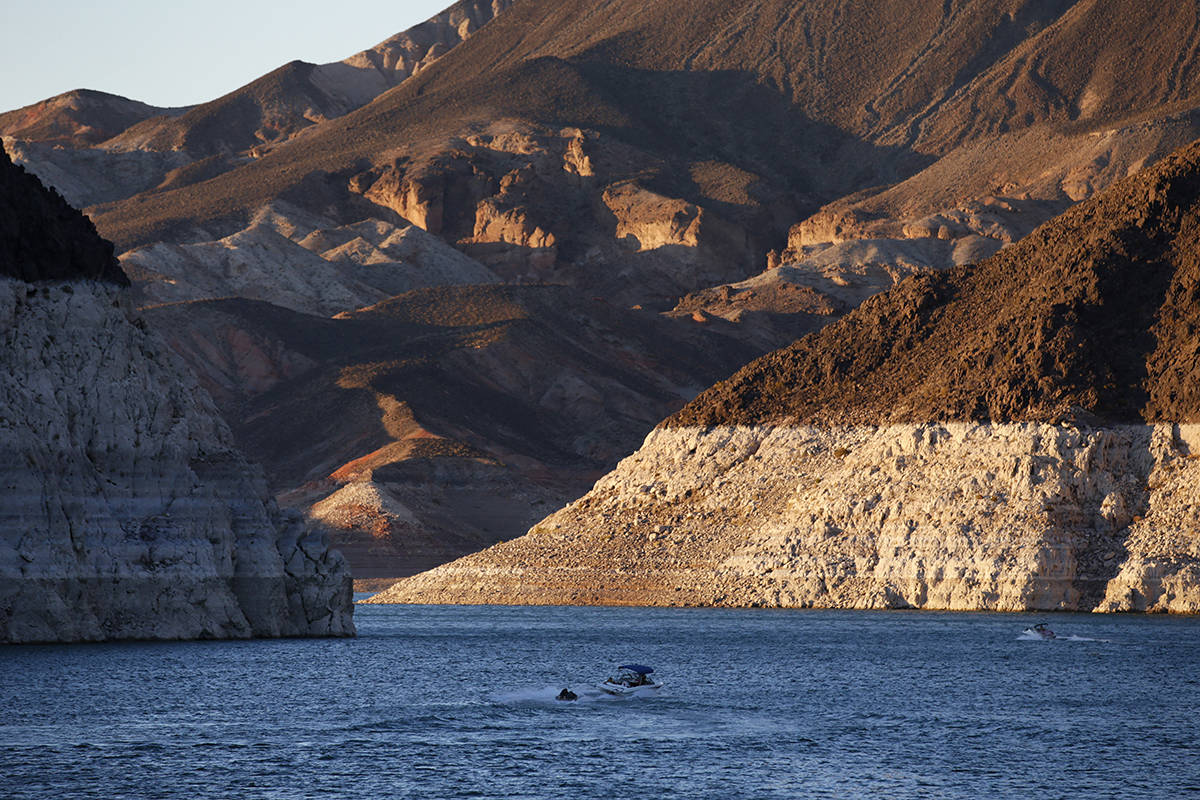Opponents of Colorado River pipeline project view delay as progress

Regional water conservation groups and a Clark County commissioner welcomed a request by Utah officials Thursday to extend the federal environmental review of a controversial plan to divert billions of gallons of water from the Colorado River to southwest Utah.
In a joint letter, officials with the Utah Division of Water Resources and the Washington County Water Conservancy District asked the U.S. Bureau of Reclamation for more time to consider feedback received from the public, neighboring states and others on the Lake Powell Pipeline.
The proposed pipeline would transport 86,000 acre-feet each year from the Colorado River to Washington County in Utah, home to St. George, in order to meet the needs of future population growth. Opponents say the project would be a drain on the river’s already dwindling water supply.
Utah water officials said they were seeking the extension to ensure that draft and final Environment Impact Statements are “as thorough and robust as possible” and they vowed to work in good faith with Colorado River Basin states, such as Nevada, to resolve concerns.
But they also reaffirmed their commitment to completing the project.
Still, the request to extend the federal environmental review was seen by some project opponents as a sign that the pipeline effort was on tenuous ground.
Kyle Roerink, executive director of the Great Basin Water Network, said in a statement that the news Thursday was proof the project is “drowning under its own weight.” And Zach Frankel, executive director of the Utah Rivers Council, said it demonstrated that the pipeline had been “rushed and flawed” from the outset.
“The delay of the environmental review affirms that Nevada and the other Colorado River Basin states are having an impact in this process against Utah,” Clark County Commissioner Tick Segerblom said in a statement. “With climate change and drought threatening us every day, we must be vigilant until the end. We cannot let our water supply be sucked away for golf courses and green lawns in Southern Utah.”
The Utah Division of Water Resources has said that Southern Utah water users will pay for the project, estimated to cost between $1 billion and $1.7 billion, and it has rebuffed arguments over water supply, in part, by noting that the state does not presently use its allotted amount of water established in the Colorado River Compact.
Contact Shea Johnson at sjohnson@reviewjournal.com or 702-383-0272. Follow @Shea_LVRJ on Twitter.